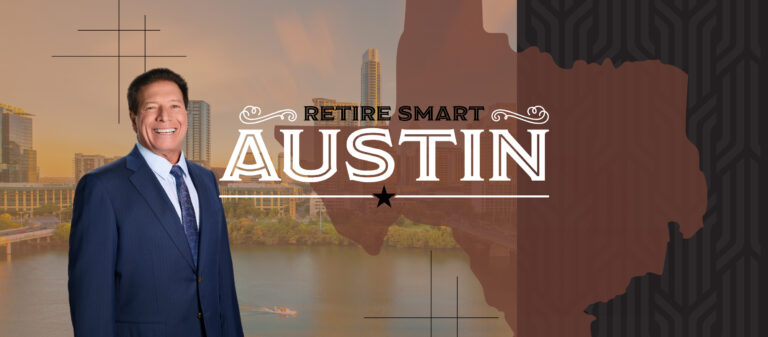You have been contributing to your IRA for years. The market is up, and you are watching those investments grow. Maybe you have rolled over funds to your IRA from your company plan. You may now have a significant balance. So far, you have taken smart steps toward a secure future. Don’t stop your careful planning there.
While you have been saving for retirement, you may not have thinking about what happens to your IRA after your death. An IRA is not only an important part of your retirement, it is also a significant part of what you will leave to your heirs. You will want to carefully consider what will happen to your IRA after you die.
Your will does not determine who gets your IRA. Many people believe that their will determines who inherits their IRA. This is a common misconception. Your will has no effect on who will receive your IRA assets because IRAs are generally not part of the probate estate. In other words, IRAs pass to beneficiaries outside the will. Even a perfectly drafted will by an expert attorney will have no control over what happens to your IRA after your death.
Don’t overlook the beneficiary form. The main estate planning document for IRAs is the beneficiary designation form. This form, not a will, will determine who inherits your IRA funds. This is a form that you most likely completed with the IRA custodian when you established your IRA. On a standard beneficiary designation form, an IRA owner names one or more primary beneficiaries. Additionally, the IRA owner usually will also name a contingent beneficiary. Contingent beneficiaries inherit the IRA funds if the primary beneficiaries predecease the IRA owner.
Update your beneficiary form for life events. You may have established your IRA a long time ago. IRAs have been around for decades and a lot has happened! Consider contacting the custodian of your IRA (or checking online) to see if your beneficiary designation form is up-to-date and accurately reflects your intentions. If you have divorced, you will want to be sure your ex-spouse is not still listed on the beneficiary designation form. This does happen and sometimes this oversight ends up in a court battle, as the ex-spouse claims IRA funds that the IRA owner may have wanted to go to a current spouse or to children. Avoid this legal mess by making any needed changes now.
Do regular beneficiary form checkups. Problems can occur when an IRA beneficiary designation form is not clear. Are all the listed beneficiaries on your form clearly identified, along with the share of the IRA to which they are entitled? Spending some time now to be sure that everything on the beneficiary designation form is accurate will avoid significant problems for your heirs in the future. Sometimes, the IRA custodian cannot find a beneficiary designation form. This can happen for a variety of reasons, including bank mergers and takeovers. If you discover this now, the solution is easy: You can simply complete a new beneficiary form. If no beneficiary form can be found after your death, there will be more serious problems as the IRA will be treated as if no beneficiary was named and will be paid out to the default beneficiary listed in your IRA document (usually your estate or spouse).
You have worked hard to build a balance in your IRA. Taking a few simple steps now to be sure that your beneficiary form is completed, up-to-date, and accurate will ensure that those funds are passed safely to your intended heirs.




